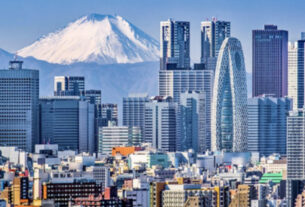The Middle East is considered the region that was formerly referred to as the Fertile Crescent – which is the land in between the Euphrates and Tigris rivers. This includes Sumeria, Assyria, Akkad, and Babylonia. This is where wheat was first grown followed by figs, pistachios, barley, dates, and pomegranates are some of this region’s staples. Fermentation was also started in this region to make beer and leaven bread – in Mesopotamia and the earliest written recipes came from that region.
Crossroads of the world
The Middle East was the crossroad between Asia, Europe, the Caucasus, and North Africa, and has long been the hub of recipe and food exchanges. In the time of the first Persian Empire, the foundation of the modern Middle East food was built when poultry, rice, and many fruits became combined into the local diets. Nuts, dates, and figs were brought by various traders to these lands that were conquered, and spices were brought back from the area of the Orient.
Areas of the world
There are many Arabic restaurants in Kl so this is the best place to rediscover your passion for the cuisine of the Middle-East. The influences of these dishes were brought from so many places. It was influenced by:
- Dumplings from Mongol invaders
- Cumin, garlic, turmeric, and other spices from India
- Okra came from Africa
- Peppercorns and cloves from the Spice lslands
- Tomatoes came from the New World
Influences of religion
Religion also has influenced this cuisine – neither Muslims nor Jews eat pork, so lamb became the primary source of meat. The Quran forbid the use of alcohol, wine as well as other drinks were made in other countries such as Lebanon, where the vineyards have developed international fame of their fine wines.
Other wine producing areas
Before the Islamic regime, Iran was known for its winemaking, with Ksarak being an alcoholic drink that is produced in Lebanon’s primary brewery that at one time was the only beer-producing operation in the Middle East. Lebanon has been known in this region for its arak and wines being the only exception to the lack of alcohol in this area.





